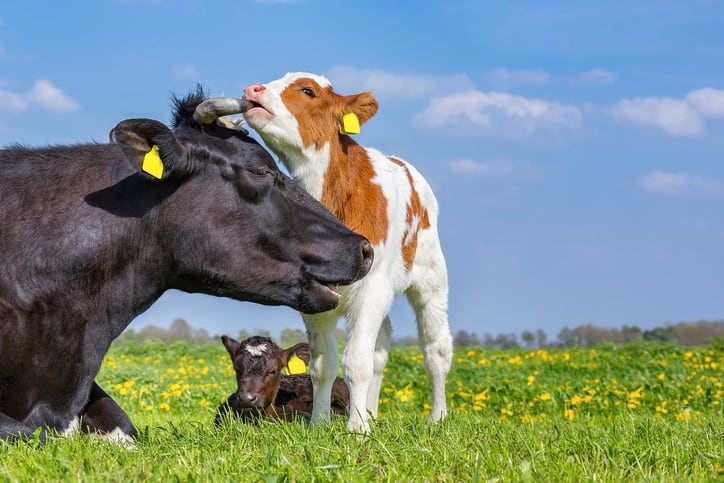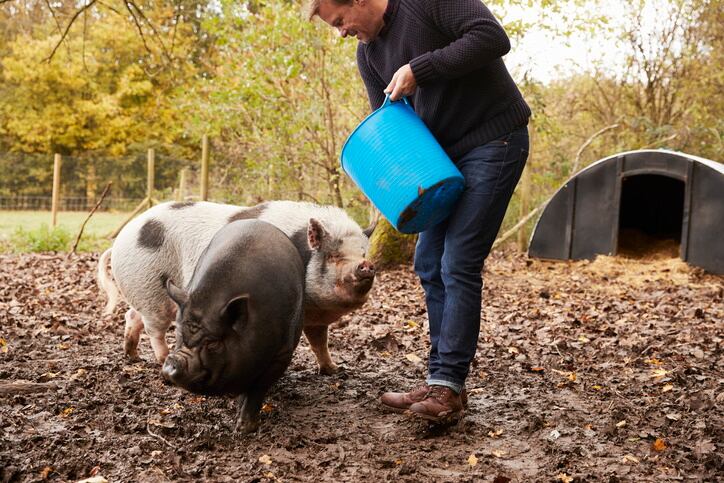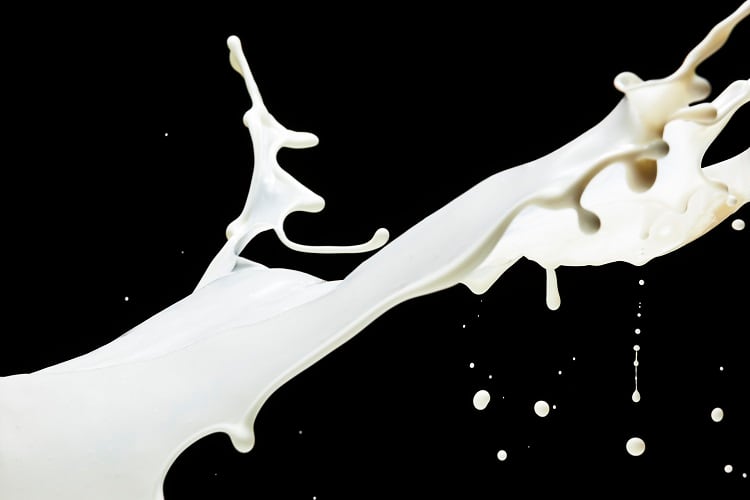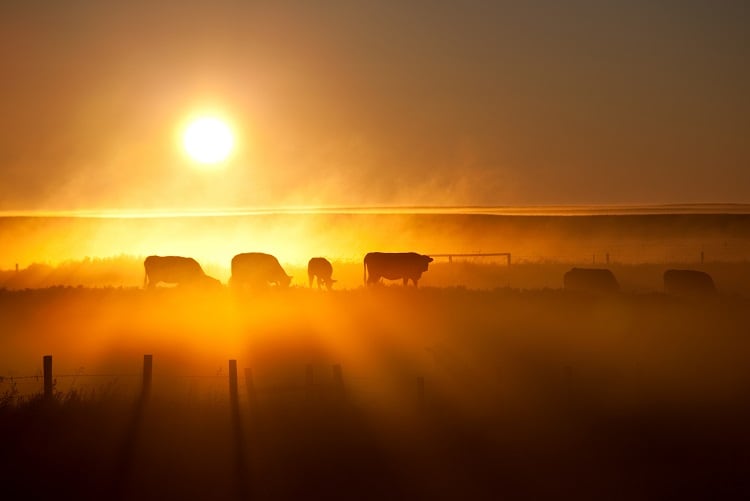The average person in the Netherlands eats 76kg of meat per year, according to data from Wageningen University. Just 5% of the population identify as vegetarian and 1% as vegan. But about half now say they are ‘flexitarian’, meaning meat is not the main component of around three meals a week. This trend has seen the amount of meat Dutch people eat decline fairly steadily since 2010 (with the exception of an increase in per capita consumption in 2018). 2020 saw meat consumption fall by an average 1.9kg per person versus 2019 levels.
Fresh consumer research, carried out by Kieskompas in cooperation with the VU University Amsterdam, suggests that livestock production is viewed unfavourably by an increasing number of consumers in the country.
Commissioned by ProVeg Netherlands, an NGO whose stated aim is to halve animal protein consumption by 2040, the study found 72% of Dutch people believe we should eat fewer animal products. Interestingly, this view was held fairly evenly across the political spectrum with people who identify as ‘right wing’ or ‘conservative’ accounting for half of the total figure. It was also expressed across a broad age range ‘from young to old’.
"In the Netherlands we appear to be much more vegan than you might think – perhaps not yet in our eating habits, but certainly in our deeper convictions about the use of animals,” observed Pablo Moleman of ProVeg Netherlands. “These results imply that vegans do not necessarily have more radical views than other people, but they do simply attach more consequences to them."
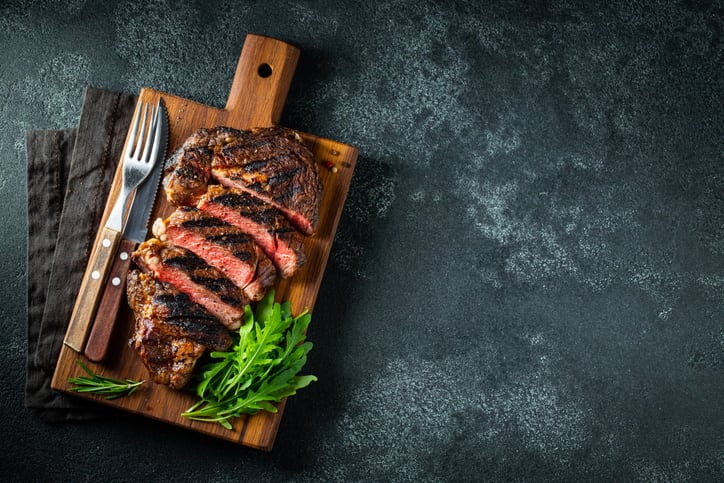
Among those who backed lower meat consumption, the most popular motivation was a reduction in animal suffering with 86% citing this as a factor. This was followed by 81% of people who said it would prevent food shortages; 80% who suggested it would cut the risk of new zoonotic diseases emerging; 79% who said it would combat climate change; 79% who associated it with better human health; and 42% who said animals have a right not to be used for food.
Moleman said these underlying motivators reflect the changing nature of discussions around animal proteins – some of which he described as ‘surprising’ and even ‘radical’.
“As far as I am aware, there have not been many studies to this date that looked into the relatively new 'zoonotic' motivation. This is a motivation that has of course longer been a concern of a small number of scientists but which only recently gained more widespread public attention, because of the COVID pandemic. That this motivation is now supported by 80% of the population, on a par with climate change, is quite a testament to the increasing recognition of the role of animal production systems in the emergence and spread of new diseases. I also think the "animal rights" motivation is quite surprising. This is also a motivation that (in contrast to animal welfare/suffering) is not frequently a part of consumer surveys. Even though it has the lowest level of support, 42% of people supporting the idea that animals have rights not to be used for food is quite astounding for such a radical idea,” he told FoodNavigator.
Zoning in on animal rights – as opposed to welfare – while a significant minority flag this as a reason to cut meat out of the diet, conversely 26% of people believe that ‘because animals are inferior to people’ there is justification to eat meat. The survey, which took in the views of 8,575 people, suggested this opinion is ‘particularly prevalent’ among Protestants but less common among Catholics and other religious and social groups.
Support for ban of intensive livestock farming
The survey revealed that a majority of Dutch consumers – 60% - support a ban on factory farming, with a further 13% backing a prohibition of all livestock farming and one-in-five favouring a ban of slaughterhouses. Four out of five respondents said they are ‘uncomfortable’ with the way animals are used in the food industry.
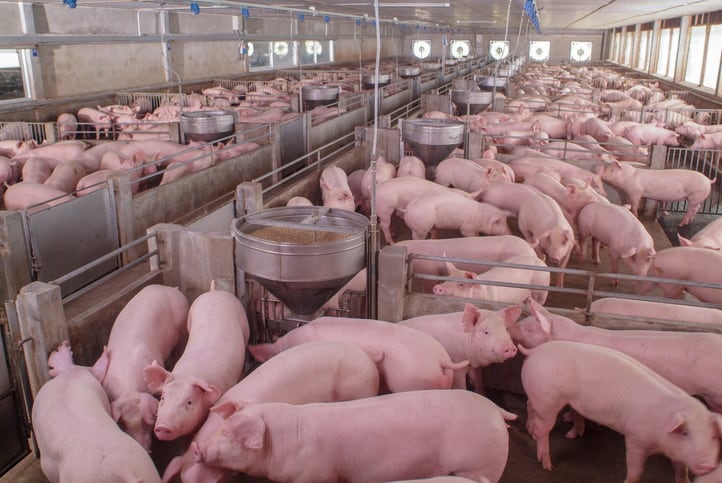
The elimination of intensive animal agriculture would likely result in a jump in the price of meat. It has been associated with the growing ‘less but better’ movement that advocates pastoral and grazing systems – often presented as part of a regenerative model.
Moleman told us that the survey didn’t include follow-up questions looking directly at how respondents expected food prices to be impacted or their level of support for a ‘less but better’ system of production for meat. However, he noted that there were signs of support for pricing to be used as a mechanism to shift consumption towards more plant-based diets. “We did ask respondents whether they supported an increase in the price of animal products as a means of lowering consumption, and 58% did. There was even higher support (perhaps unsurprisingly) for lowering the prices of plant-based products (75%). So what we do know is: a 72% majority of the Dutch public supports less meat, and a 58% majority supports more expensive meat,” the ProVeg food industry expert explained.
Evolving attitudes towards livestock rearing reinforce earlier research from Wageningen University researcher Cor van der Weele showing that even among livestock farmers there are growing moral concerns about keeping animals for food. This emerged from interviews she conducted with farmers for study The Farmers' Dilemma. However, the researcher discovered, these reservations are not discussed openly because many farmers experience it as a form of betrayal.
Commenting on the ProVeg-backed latest research, Van der Weele said: "The fact that concerns in daily life remain largely hidden beneath the surface also came to the fore in research with farmers. The question was whether cultured meat could be an opportunity for them, rather than a threat. Doubts are also growing among farmers about current livestock farming. The tense and polarised climate among farmers following the nitrogen discussion emerged as one of the reasons why we are not hearing much about these doubts."
An animal-free future for meat and dairy?
As Van der Weele noted, alternative methods of meat production have increasingly become part of the conversation in the Netherlands. So do Dutch people believe the future of meat could be animal-free?
The ProVeg research showed 28% of people hope for a future food system that does not use animals for protein production, a percentage that is even higher among young people at 31% and people over 65 at 33%. Just under one-quarter of people, 23%, believe that we will have stopped using animals as food within a century.
What alternatives to the Dutch back? One-quarter of respondents said that the development of plant-based alternatives will make animal proteins redundant. An even higher number – 33% - said technological advances in cultured meat and dairy will negate the need to use animals for food. Pointing to possible future trends, this figure rises to 48% of young people.
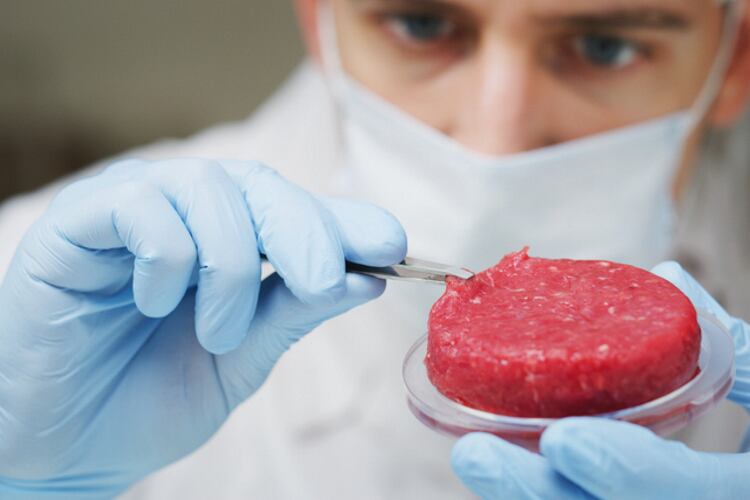
Support for the protein transition and public policy
Responding to the survey's findings, van der Weele said that they echo her own research that has highlighted a desire for a societal shift away from animal agriculture.
In 2019, for example, van der Weele and Wageningen’s Clemens Driessen completed an investigation on behalf of the Dutch government examining what Dutch people think about cultured meat. In their study, they describe how in focus groups doubts about the downsides of meat kept coming up ‘from under the surface of behaviour’ in society. Although the participants acknowledged that they themselves had hardly changed their individual behaviour, they indicated that they needed outside help to do so. Older participants in particular were found to expect and even explicitly hope for collective changes concerning meat.
"It suggests that the obviousness of meat consumption has already diminished considerably, among a broad section of the population,” van der Weele suggested in response to the Kieskompas study. “The fact that the consumption figures do not show this yet certainly has something to do with what the Kieskompas survey also shows: that people still have reasons to eat meat. Because of these ambivalences, you don't see changes immediately, but in transition terms, the situation can be seen as a sign of a preamble to a societal change."
Hans Dagevos, senior scientist at Wageningen UR, agreed that this demonstrates widespread public support for the protein transition. "Livestock farming and consumers' desire for meat are both strongly represented in the Netherlands. But at the same time, the results of this study reinforce the picture that many Dutch people support making our food production and consumption less 'meaty'. In short, the protein transition enjoys public support.”
This, Dagevos argued, should be used as a mandate to shift public policy. “The new Minister of Agriculture can take such signals with him when he sets out his policy lines in the coming period,” the WUR scientist argued.
According to ProVeg’s Moleman, in simple terms delivering the benefits that Dutch people say they want – from animal welfare to climate gains - means cutting the number of animals reared for food production. Innovation from the food sector will be an important unlock to secure this outcome, he contended.
“The extent to which animal production systems could be made more sustainable or animal friendly is limited by the sheer number of animals kept for food. The most effective way of reducing emissions from animal production is reducing that number. This means transitioning our protein production from a mainly animal-based system to a mainly plant-based one. A growing number of consumers are moving towards products that can help them reduce their meat intake, and businesses are reinventing the idea of meat by finding new plant-based and cell-based techniques for producing meat products. I think this emerging sector is probably the biggest opportunity both from a carbon reduction and a business perspective.”

